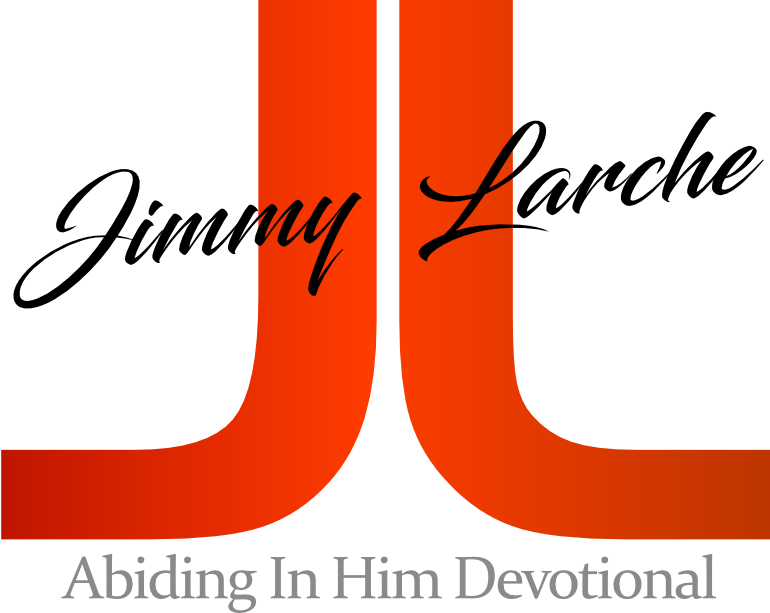God Uses Broken People (Part 2): Rahab
Text: Joshua 2:1-24, Hebrews 11:31
“By faith Rahab the prostitute did not perish with those who were disobedient, because she had given a friendly welcome to the spies.” —Hebrews 11:31
To typecast someone is to repeatedly identify a person with a label or cast them as a stereotype. In Hollywood, typecasting is used to describe an actor’s natural look or typical character. Directors and casting agents routinely typecast actors, choosing them for particularly similar roles to play, usually because he or she is suited to that type of part. When an actor is typecast, they are locked into being cast for a certain type of character, always a version of the same thing.
But actors aren’t the only ones who get typecast. So do you, and so do I. Admittedly or not, people slap us with labels all the time of who they think we are, what they think about our identity, how our character should play out, and what our role is in this world. And if we are going to be honest with ourselves, we do the same to others.
Rahab was typecast too. If Netflix was doing a docuseries on the “red light district” of Jericho, this Canaanite woman would’ve likely been cast as the main character. Whether it was her primary work or a side hustle, Rahab worked as a prostitute in a corrupt, pagan culture. She was not highly valued by her people. She was an outcast—a throw-away person.
A woman of the night was far from the kind of “holiness material” we might assume would characterize those whom God would select to be part of the family tree that would ultimately give birth to the Savior of the world. Yet, God used the great faith of this broken and scandalous woman to receive the Israelite spies, save her family, and ultimately land a role in the lineage of Jesus Himself.
What I am reminded about Rahab’s story is that humans are not the only ones who typecast… so does God, and in ways that don’t always fit our criteria. Scripture tells us:
“Brothers and sisters, think of what you were when you were called. Not many of you were wise by human standards; not many were influential; not many were of noble birth. But God chose the foolish things of the world to shame the wise; God chose the weak things of the world to shame the strong. God chose the lowly things of this world and the despised things—and the things that are not—to nullify the things that are, so that no one may boast before him. It is because of him that you are in Christ Jesus, who has become for us wisdom from God—that is, our righteousness, holiness and redemption. Therefore, as it is written: ‘Let the one who boasts boast in the Lord.’” — 1 Corinthians 1:26-31
That’s right, God typecasts the weak, the foolish, and the broken people of this world to do mighty things in His name so that the glory will only go to Jesus, and those who boast, will only boast in the Lord. Even in our sinfulness, God finds us where we are. God not only saves the worst of sinners, but He also chooses to use them in roles that the world cannot understand.
In the New Testament, both James 2:25 and Hebrews 11:31 praise this Old Testament woman yet continue to identify her as “Rahab the prostitute.” You’d think that after hundreds of years this poor woman could catch a break from her shameful past and get a new label. Yet I believe this may be in the Bible to emphasize the fact that God still uses broken people even when other people refuse to release them from their past labels.
Rahab was forsaken by her own people, carried a stigma of shame, and yet against all of her community’s disdain for her, God still loved and wanted Rahab for His story and His glory. Like Rahab, we also might feel far too broken or unqualified for the story God calls us into. We might feel too overcome with regret or failure to think we fit the role. But God writes a better script than the fear and condemnation in our hearts. He casts a much better story than the one others might narrate about us—even hundreds of years after our death! Rahab is proof that God used broken people in the past, and still does today. Think about that as you seek to abide in Him this week.
PRAYER
Heavenly Father, your kingdom come, and your will be done in and through broken people. Thank you for demonstrating through Rahab the kind of love you lavish upon scandalous sinners, calling them to a better story, and writing for them a better script than one of shame and condemnation. Encourage every reader to know that you are a God who delights in using broken people. Help them to know that they are loved beyond measure and that justification comes through the blood of Jesus alone. In His name, Amen.
Questions for Personal Reflection or Group Discussion:
- Be honest, if you were God, would you have chosen Rahab for this role?
- When has a stereotype been hurtful to you?
- Why does God choose the foolish things of the world to “shame” the wise?
- How would you explain the Gospel (Good News) through Rahab’s story?
- What takeaway from Rahab’s story is critical to how you will flesh out your faith this week?
